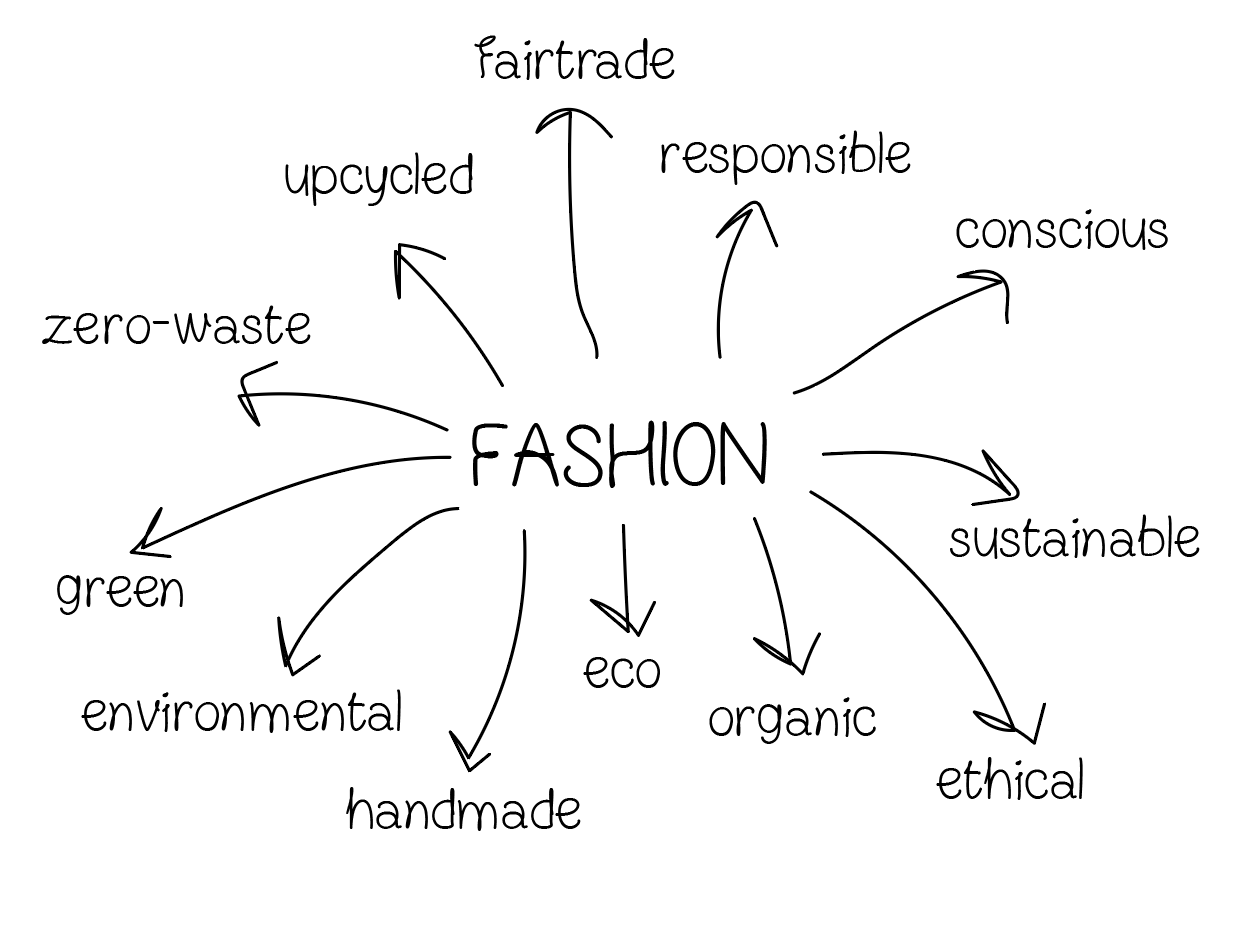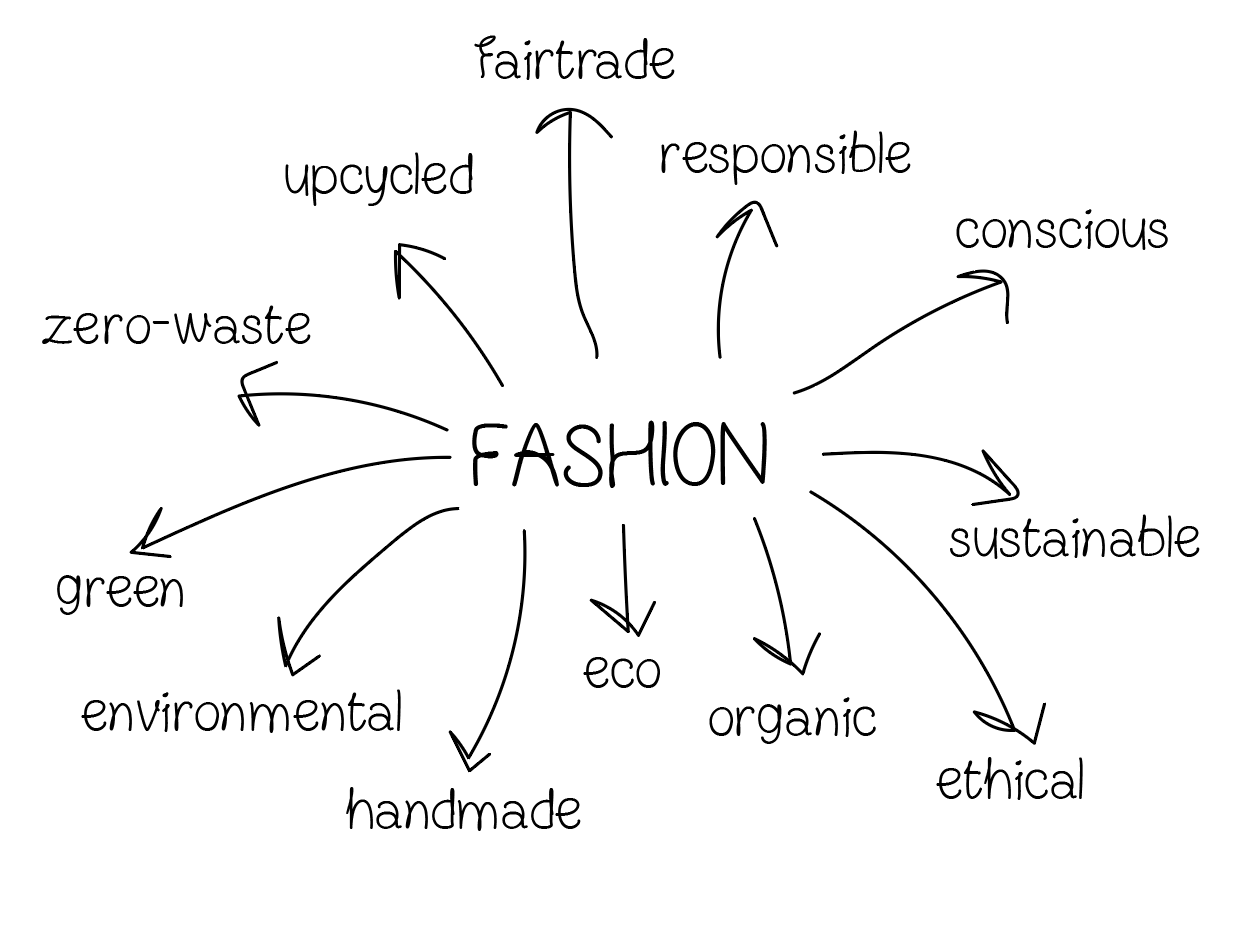We’re surrounded by inputs such as slow-process, handmade, organic textiles and sustainability. There are many brands, whether newly created or from big brands, which have joined this form of caring production. But are you heading down a more ethical route or is it just a fashion and style from the decade that we’re in?
In the 90s, we all saw a significant change to minimalism. With Marc Jacobs, Donna Karan, Ralph Lauren and Calvin Klein as key figures. The decade of black, White and grey mixed with an androgynous image. Then we came to the noughties in the decade of the 2000s at the hands of velvet tracksuits and denim in all its varieties. The years passed, in 2010 the name Athleisure came to us, dressing in sports clothing was the high of cool.
And now? Can we say that it is sustainability’s turn to second hand clothing, organic cottons and upcycling? And that, within a few years all these ethics will be left behind?
The future dressed ethically
We can categorically say that this is not the case. Sustainability is not a passing fashion which will lose its power with the passage of time. It is much more than a silhouette, much more than some materials, much more than a few significant garments and much more than a trend.
Sustainability is here to stay. We are talking about a root-and-branch change. The fashion industry is built on unsustainable pillars which are beginning to crack and, if we don’t save them with sustainable alternatives, will finally fall.

We have to understand that one thing is the trend to follow, the must haves of the season, the star colours and everything which comes together in creating an aesthetic look for the era. And that is a completely distinct thing from the bases where the process of design, the creation of cloth and the making of clothes.
The change is in achieving decade after decade styles and fashions change but are always based on ethical processes.
We know that this summer caps, gabardines, wide denims and knitted waistcoats will come back. You, as an ethical consumer, can follow all these trends, finding garments in many different ways, in second hand markets, from sustainable brands with transparent processes or inheritances, therefore style has nothing to do with how it is obtained.
Sustainability is not a fashion. It is the only possible option for creating it.














